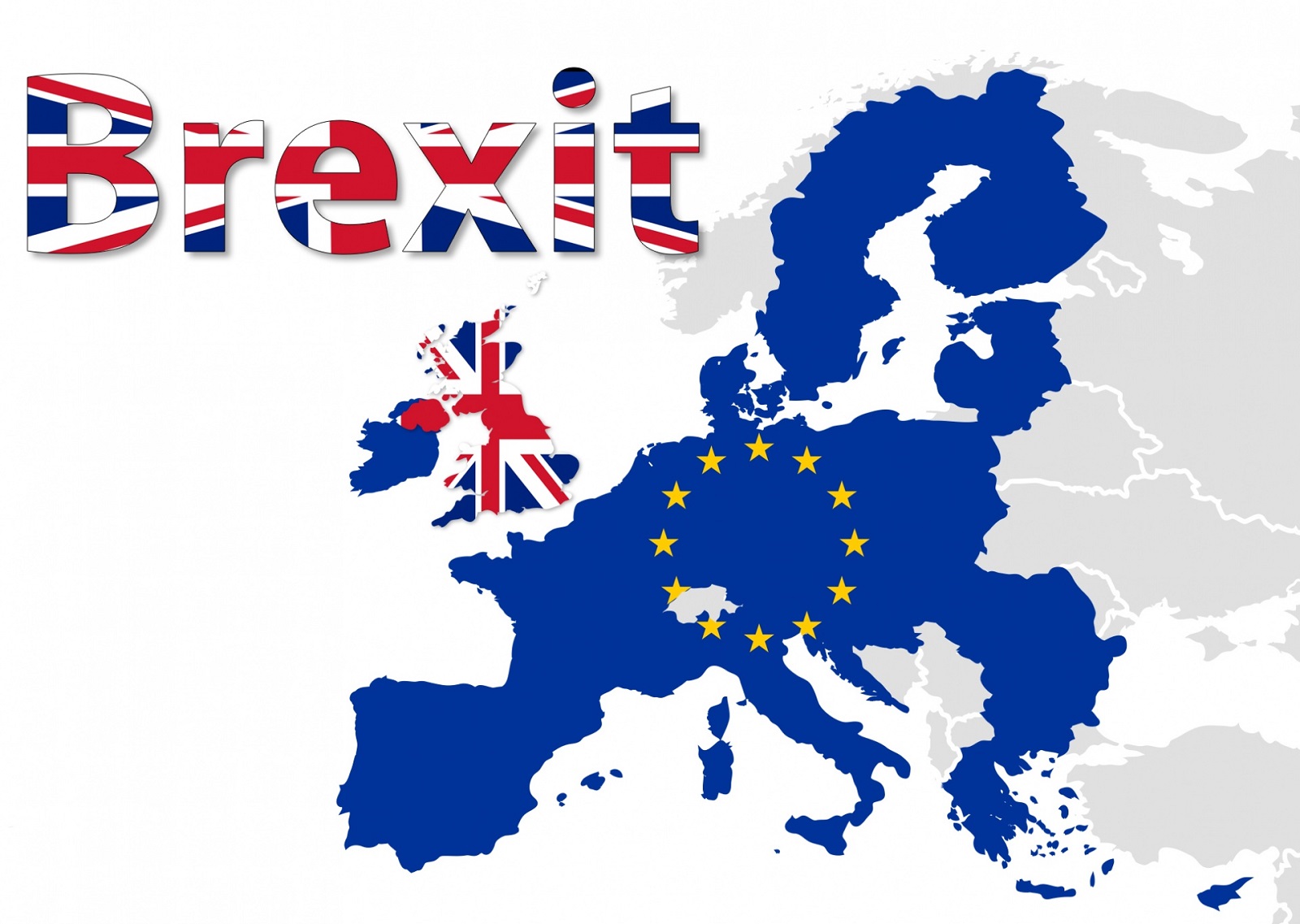HomeNews on emerging marketsArticle Detail

What Does Brexit Mean for India?
June 30th, 2016By - CEM Team
India, like the rest of the world, is expected to be adversely affected in the short term following the breakup of the United Kingdom from the European Union. But deep analysis holds a lot more to look at beyond this short term impact.
The EU contributes to 22% of the world GDP, and with uncertainty looming over this economic powerhouse, the global economy is expected to take a massive hit initially. In an extreme scenario, the EU even faces risk of a potential breakdown, much like the disintegration of the USSR.
Indian Information Technology sector, worth $108 billion, is certain to see short term negative impact. The United Kingdom accounts for 17% of India’s IT exports and Europe is the second largest target market for India’s Information Technology and Business Process Management industries.
From India’s perspective, Indian companies headquartered in UK or anywhere in the EU are the most affected from the Brexit. Indian companies have traditionally invested heavily in UK for free access to the European market, availing then existing Free Trade Agreements. However, now, they are forced to set up a second headquarter anywhere else in the European Union, causing a rise in cost and capital expenditure. There are 800 Indian companies in the UK employing close to 100,000 people.
The Indian currency is expected to see significant depreciation, falling to INR 68 per unit of the US Dollar. This can impact existing contracts of Indian companies.
At the same time, India is certain to gain massively too from Britain’s decision to leave the EU. UK now loses a huge preferential market in EU, compelling it to build new alliances and trade pacts, preferably with a fast-growing emerging economy like India. EU has traditionally been infamous for its strict trade barriers. India will be looking at Britain now for implementation of lesser trade barriers, enabling easier business between the two nations. Trade between India and UK amounted to $14.02 billion in 2016, out of which $8.83 billion was exported from India to UK and $5.19 billion from UK to India. Brexit brings along a significant opportunity for an emerging economy such as India to trade beyond the tough rules EU has set and leverage business opportunities across sectors, mainly in financial services, defense and SME to expand its bilateral trade.
Brexit’s global impact is expected to bring along an economic volatility, putting pressure on oil prices, creating favourable condition for few countries such as India versus others. As per GP Hinduja, Co-chairman Hinduja Group of companies – ‘The trade opportunities would increase between the two (UK and India). Immigration norms for India would be diluted. The cooperation between the SME sectors has great opportunities. Indian SME sector can be pulled up the experience curve and this would help the Indian economy. India is in a sweet spot vis-a-vis both the UK and the EU’.
Brexit will undoubtedly weaken the global economy, declining commodity prices and helping India in its macro fundamentals such as fiscal deficit, current account deficit and inflation with a relief in terms of its commodity prices.
On the foreign investment front, India is likely to see a plunge as well. According to reports, US and UK based companies are expected to take a hit, with UK companies’ stocks expected to reduce by 20% and US companies expected to fall by 7%. This might also give rise to a snowball effect, forcing these companies to sell-off in emerging markets. This provides an opportunity for buy-side companies to find a right acquisition / partner for themselves.
Apart from the pros and cons of Brexit on Indian economy, there are several measures that this country will also have to take to sustain Brexit’s impact. One of these measures will comprise partnership with European nations to gain access to the largest European market that Britain can no longer provide a gateway into. India is expected to undertake extensive trade negotiations with France, Germany and Netherlands, in particular, strengthening already firm ties it shares with these nations. Netherlands, for example, is India’s number 1 destination for Foreign Direct Investment.
In the short term, Indian markets are mirroring global sentiment. In the long term, however, one can hope that Indian government and the RBI have sufficient currency and strong economy to meet any financial crises.
Source: News Reports
Categories
Recent Article
India on the Route to Become a Zero Petroleum Import Country
By - CEM Team
With the Indian government aggressively rolling out plans and building infrastructure for increased power generation capacity using renewable sources,...Read more
Vehicle Scrapping Policy to Grow Indian Auto Industry Sales By 22%
By - CEM Team
Indian road transport ministry has been working on the implementation of the vehicle scrapping policy. Nitin Gadkari - Road, Transport and Highwa...Read more
Utilization Gap of Indonesia Geothermal Energy | Magnet to Global Investor Attention
By - CEM Team
Holding a significant 40 percent of the world's total geothermal reserves, Indonesia – the largest South East Asian economy currently utiliz...Read more
French Interest In Indian Market Bets Another Euro 8 Billion
By - CEM Team
With a continued investment interest from European countries towards Indian market, France holds its position high with an investment of Euro 8 bil...Read more
Indonesia’s Economy Is Impressive, And So Is Its Oil Industry
By - CEM Team
Indonesia’s strong economy is indicative of a healthy business ecosystem in the country. Indonesia is now the biggest economy in South East A...Read more



